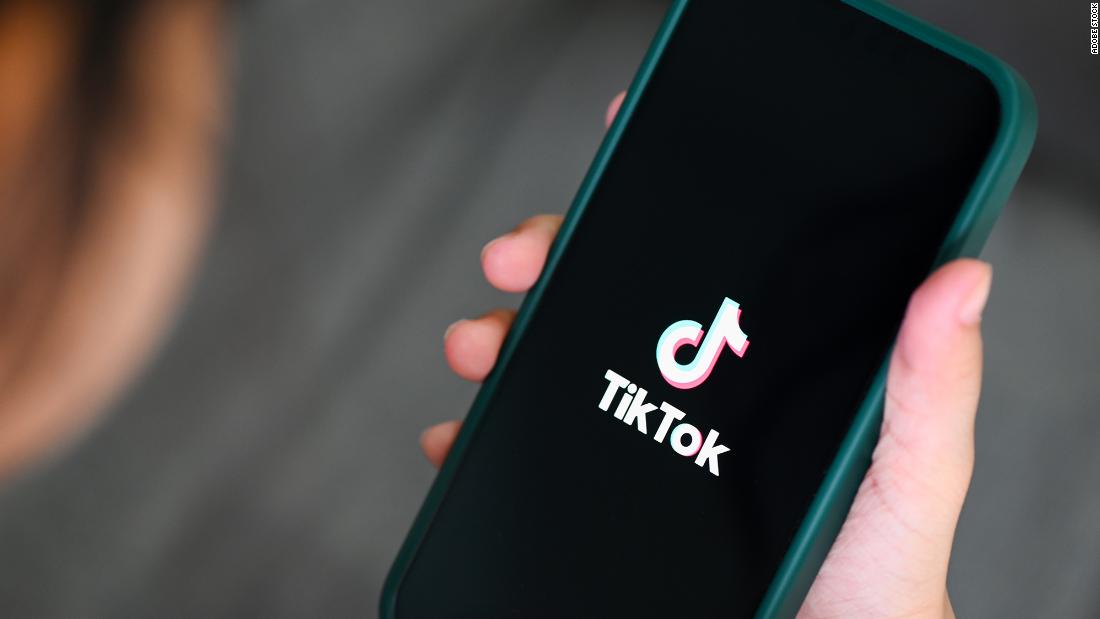
In a response to the report, TikTok previously said it “has consistently maintained that our engineers in locations outside of the US, including China, can be granted access to US user data on an as-needed basis under those strict controls.” A TikTok executive testified before a Senate panel last year that it doesn’t share information with the Chinese government and that a US-based security team decides who can access US user data from China.
Some critics previously blasted Trump’s crusade against the fast-growing video app as political theater rooted in xenophobia, and called out Trump’s odd suggestion that the United States should get a “cut” of any deal if it forced the app’s sale to an American firm. But the latest round of pressure from lawmakers on both sides of the aisle shows how the national security issue continues to plague TikTok in the United States, even under a new administration.
Here’s what you should know about the latest scrutiny of TikTok and Bytedance along the Beltway.
What lawmakers are saying about TikTok
A range of US lawmakers and officials have in recent months called for new investigations into TikTok’s data storage practices or even for the app to be yanked off US app stores.
In a letter, a member of the Federal Communications Commission urged Apple and Google to remove TikTok from their app stores. FCC Commissioner Brendan Carr claimed that ByteDance was “beholden” to the Chinese government, and “required by law to comply” with the Chinese government’s surveillance demands. The letter was widely reported on, despite the fact that the FCC has no role in overseeing app stores.
In a letter responding to Blackburn and others, Chew said: “We have not provided US user data to the [Communist Party of China], nor would we if asked.”
How TikTok has responded
Amid the recent uproar, TikTok announced that it has moved its US user data to Oracle’s cloud platform so that “100% of US user traffic” is now hosted by the cloud provider, potentially addressing national security concerns.
In his letter to lawmakers, which mentioned the shift to Oracle, Chew said the broader goal for the company’s data security efforts is to build trust and “make substantive progress toward compliance with a final agreement with the US Government that will fully safeguard user data and US national security interests.”
“We know that just saying ‘trust us’ is not enough,” TikTok chief operating officer Vanessa Pappas said in a blog post announcing the planned update. “That’s why long ago we made an important commitment to transparency, particularly when it comes to how we moderate and recommend content.”
Why the national security concerns won’t go away
“The fact that the Chinese government, if it really wants to, can make any company in its borders comply with data access requests, I think is really at the root of a lot of these concerns about TikTok,” said Justin Sherman, a nonresident fellow at the Atlantic Council’s Cyber Statecraft Initiative.
“There are real national security questions being asked,” Sherman added, but there are also issues with galvanizing much of the conversation around anti-China rhetoric.
Focusing too narrowly on the national origin of an app’s owner, or just on a single company, only looks at one way that data can be accessed, Sherman said. As a result, it loses all the other ways that data flows through advertisers, brokers and much more.
“It’s good to have this kind of attention” on data privacy and security issues, Sherman said. “But if all you’re doing is writing letters about specific companies and not actually writing and testing laws and regulations to control for risks, in the long run, nothing’s really going to change too much.”
